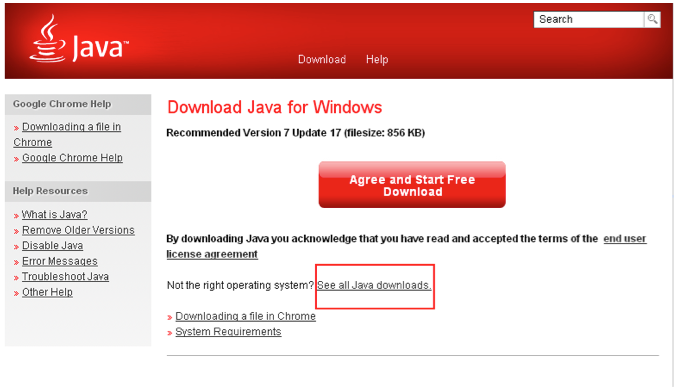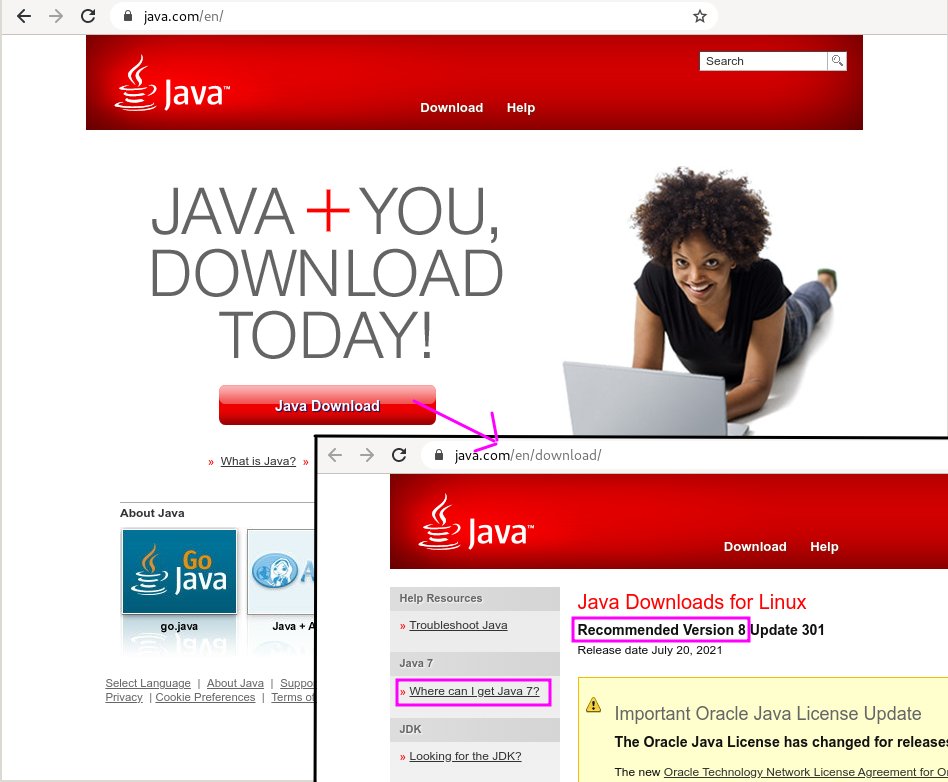

It is not restricted to only use its two parameters. The filter factory implementation can also use any contextual information at its disposal, for example, extracted from the application thread context, or its call stack, to compose and combine a new filter. When invoked from .setObjectInputFilter(), the first parameter is the filter currently set on the stream (which was set in the constructor), and the second parameter is the filter requested.Ī typical filter factory should use or merge the static JVM-wide filter with other application and context specific filters and the stream-specific filter, if one is set on the stream. When invoked from the ObjectInputStream constructors, the first parameter is null and the second parameter is the static JVM-wide filter. The parameters are the current filter and a requested filter and the function returns the filter to be used for the stream.

The JVM-wide filter factory is a function invoked when each ObjectInputStream is constructed and when the stream-specific filter is set using .setObjectInputFilter(). If set, the JVM-wide filter factory selects the filter for each stream when the stream is constructed and when a stream-specific filter is set. The behavior is opt-in based on the presence of the jdk.serialFilterFactory system property on the command line or the jdk.serialFilterFactory security property. The behavior is a strict subset of JEP 415: Context-Specific Deserialization Filters to allow a filter factory to be configured using a property configured on the command line or in the security properties file. ➜ Context-specific Deserialization Filter SubsetĪllow applications to configure context-specific and dynamically-selected deserialization filters via a JVM-wide filter factory that is invoked to select a filter for each deserialization stream. It is not the default rendering engine, however there is an option to enable it by setting the following system property:

Starting from version 8u311, the Marlin graphics rasterizer and its artifacts will be built and distributed as a part of the JDK/JRE bundles. Why would you need the JDK then? Because the application server will convert JSP into Java servlets and needs to use the JDK to compile the servlets. For example, if you are deploying a web application with JSP, you are technically just running Java programs inside the application server. Sometimes, even if you are not planning to do any Java development on a computer, you still need the JDK installed.
JAVA 7 DOWNLOAD LINK INSTALL
On the other hand, if you are planning to do some Java programming, you need to install the JDK instead. Usually, if you only care about running Java programs on computer you will only install the JRE. It is capable of creating and compiling programs. It has everything the JRE has, but also the compiler (javac) and tools (like javadoc and jdb). The JDK is the Java Development Kit, the full-featured SDK for Java. However, it cannot be used to create new programs. It is a package of everything necessary to run a compiled Java program, including the Java Virtual Machine (JVM), the Java Class Library, the java command, and other infrastructure. Contains everything required to run Java applications on your system. The JRE is the Java Runtime Environment, it covers most end-users needs.
JAVA 7 DOWNLOAD LINK UPDATE
Installing this update will ensure that your Java applications continue to run as safely and efficiently as always. It's also integral to the intranet applications and other e-business solutions that are the foundation of corporate computing.


 0 kommentar(er)
0 kommentar(er)
